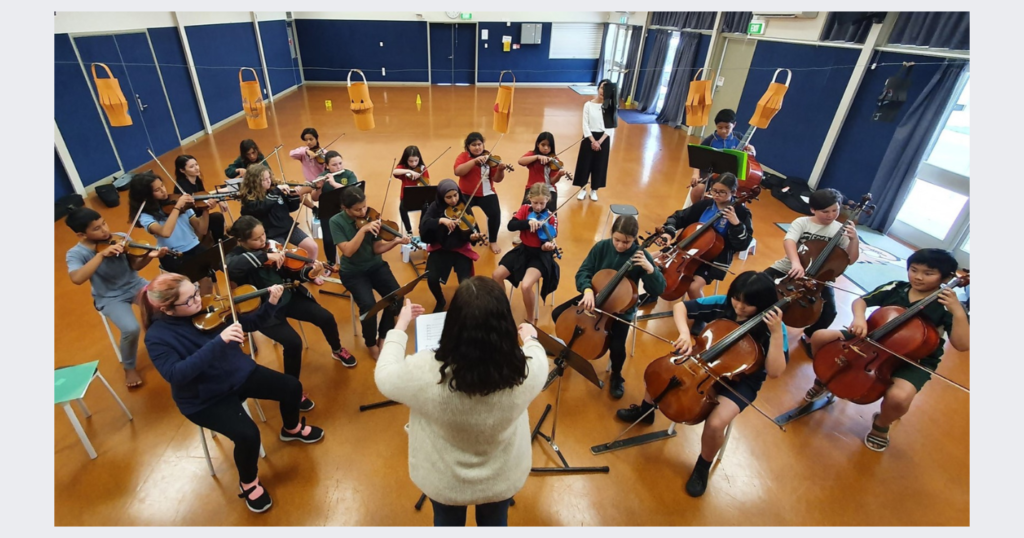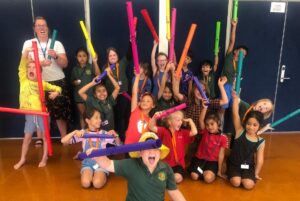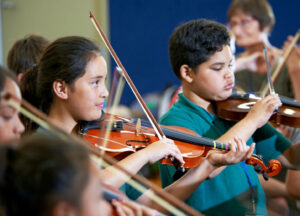The Programme
Te Rauhii provides two streams: the general music stream and scholarship stream.
The curriculum of both streams utilise the Suzuki, Kodaly and Orff methodologies to foster social mobility in the community by developing social and cultural capital.
By incorporating all three methods together, tutors have witnessed students engaging with every lesson, developing a strong understanding of complex concepts with ease and sharing them with their whaanau and friends at school, prompting further engagement and participation by the passive consumers of the programme.

THE SUZUKI METHOD
The Suzuki Method has been applied through the principle that all children possess ability and this ability can be developed and enhanced through a nurturing environment. A Suzuki influenced curriculum has been introduced through the instrumental curriculum, developing technique and aural ability.
THE KODÁLY METHOD
The Kodály method promotes accessible music education, introducing musical concepts through listening, singing and movement. This method promotes the development of literacy and musicianship skills, promoting musical excellence for all students.
THE ORFF APPROACH
The Orff approach includes elements of speech, dance, play, improvisation and composition, enabling the youngest children to learn in a playful and age appropriate manner.

General music stream
The general music stream operates after school and is open to any student from our Partner Schools to practice communal music making with percussion instruments, folk dance, storytelling through music, and creating choral ensembles. Te Rauhii also offers healthy kai to the students as a way of positively affecting their physical health, mood, mental health, and learning.
Scholarship stream
Our scholarship stream offers more in-depth one-on-one weekly tuition for violin/cello lessons from Hamilton’s best instrumental tutors. We have managed to increase our scholarships to 12 places, providing more students the opportunity for social mobility by gaining entrance to secondary schools out of their zone on musical scholarships.

